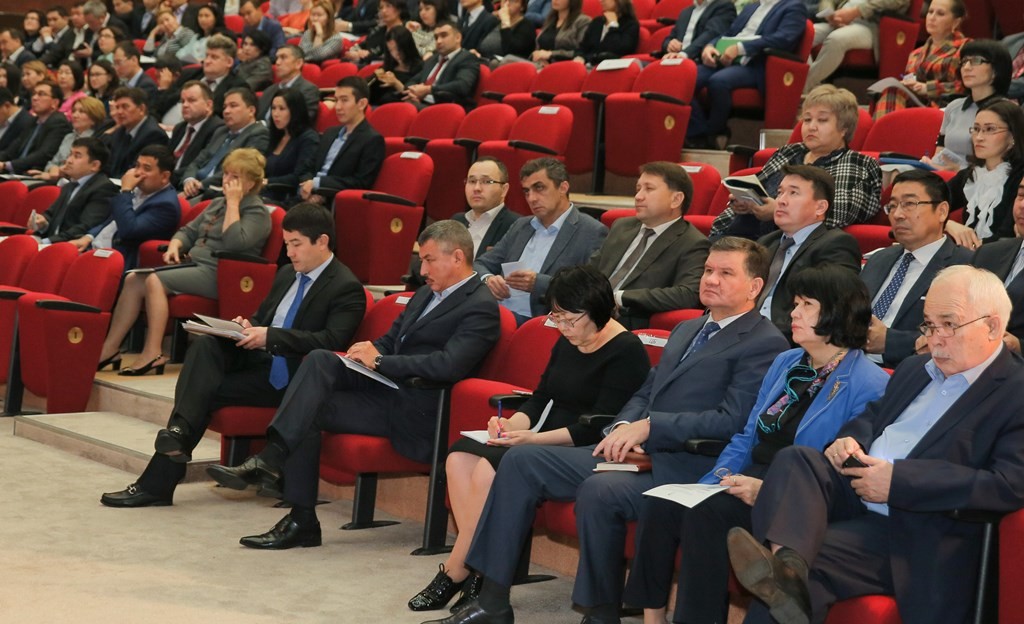ASTANA – Kazakhstan Temir Zholy (KTZ), the national railway company, announced the start of projects within the business transformation programme for 2016-2019 and its plans to finish establishing a national infrastructure operator by the end of 2017 during special July 29 information day, according to company’s press release.
The transformation is divided into several stages.
“This is the key final stage of the transformation programme, which is the result of the painstaking two-year joint work of the transformation team and the employees of the company,” said Vice President for Development Yerkin Zhusanbayev.
KTZ began implementing its development strategy last year. In that time the company has worked on a process model and strategic key performance indicators, as well as its efficiency and new IT architecture. Each aspect led to the creation of specific projects that the company will execute during the next three years.
Introducing the changes started with the application of the new organisational structure through a phased transition, according to the press release. The cargo carrier was also formed last month.
The company is aiming to become an international transport and logistics holding and the next step towards improvement is the introduction of new and improved processes to increase efficiency and customer focus.
“Conceptual relaunch of the key systems will allow KTZ to go on a global service delivery model and will help to increase the company’s revenues,” said Zhusanbayev.
Earlier this year, he also announced the number of subsidiaries and affiliated companies will be reduced from 97 to 41 and the company will focus on three main activities related to the product supply chain in the target market segments with the greatest growth potential – the services of the main rail network, multimodal logistics and rail freight transport, according to Tengrinews.kz.
KTZ’s transformation programme started in 2014 along with transformation of other Kazakh national companies, such as Kazpost, KazMunaiGas and Kazatomprom. The modification involves deep analysis and re-engineering of business processes, the elimination of unproductive units, development and supply of services and technology in demand, according to the KTZ website.
The key direction of the transformation is a change in the corporate culture, as well as the development of human capital, in line with the long-term strategic objectives of the company through continuous learning and improvement. Creating the environment to maximise human potential will increase the value of the company and change the internal culture and efficiency of processes, noted KTZ.
